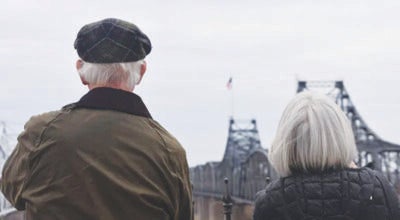Dixon, who is black, said race relations in the town have improved since the majority black electorate chose Amacker for the mayor’s job.
Published 12:00 am Monday, January 8, 2001
“This town government has shown everyone that black people and white people can work together,” Dixon said.
But farmer Robbie Howard, a white Lake Providence native, said the town and parish are held back by what he called an uncompromising black political agenda.
“My beef is with the black community,” said Howard, who is white. “They’re colorblind. All they want is black control. They don’t look at qualifications when they’re hiring people, they look at skin color. They’re scared of white control of any agency.”
He said black leaders have blocked attempts at fiscal reform on the city board.
But both Barber, who is white, and Dixon, who is black, said many people in Lake Providence take unreasonably simple race-based views of politics.
“People shouldn’t be expected to know a lot about boards until they serve on them,” Dixon said. “I didn’t. The people we have on our boards aren’t interested in white control or black control, I think. If it was all black and white, why did Lake Providence, a majority black city, elect a white mayor (Amacker)?”
Dixon said Lake Providence is poised for an upswing, like the broken clocks in the parish courthouse that remain one tick away from the top of the hour. He cited the adoption of GASB, a new national regimen of government accountability standards. He praised the Louisiana Cottonland Museum, one of the town’s main tourist attractions.
And regardless of what happens in Lake Providence, some residents will always call the town home.
Flo Guenard said she’s as staked to her native soil as Arlington, the stately home that’s been in her family for generations. The oaks in her front yard saw Confederate loyalists gather in 1861 for a famous secession ball. They also shaded her great-uncle Joseph Ransdell, a U.S. senator who served in Washington until being unseated in the 1930s by then-Gov. Huey Long. And Guenard is determined that the trees won’t see her leave.
“We have great friends here,” she said. “We have relatives here. This town is still something to be proud of. We have the most beautiful location in northeastern Louisiana.”
Similarly, Irene Lester, a clerk at a grocery store feet from where Green was killed, said her family ties are what keep her in Lake Providence.
“My family’s here. My mother’s here,” she said. “As long as she’s here, I’ll be here.”





